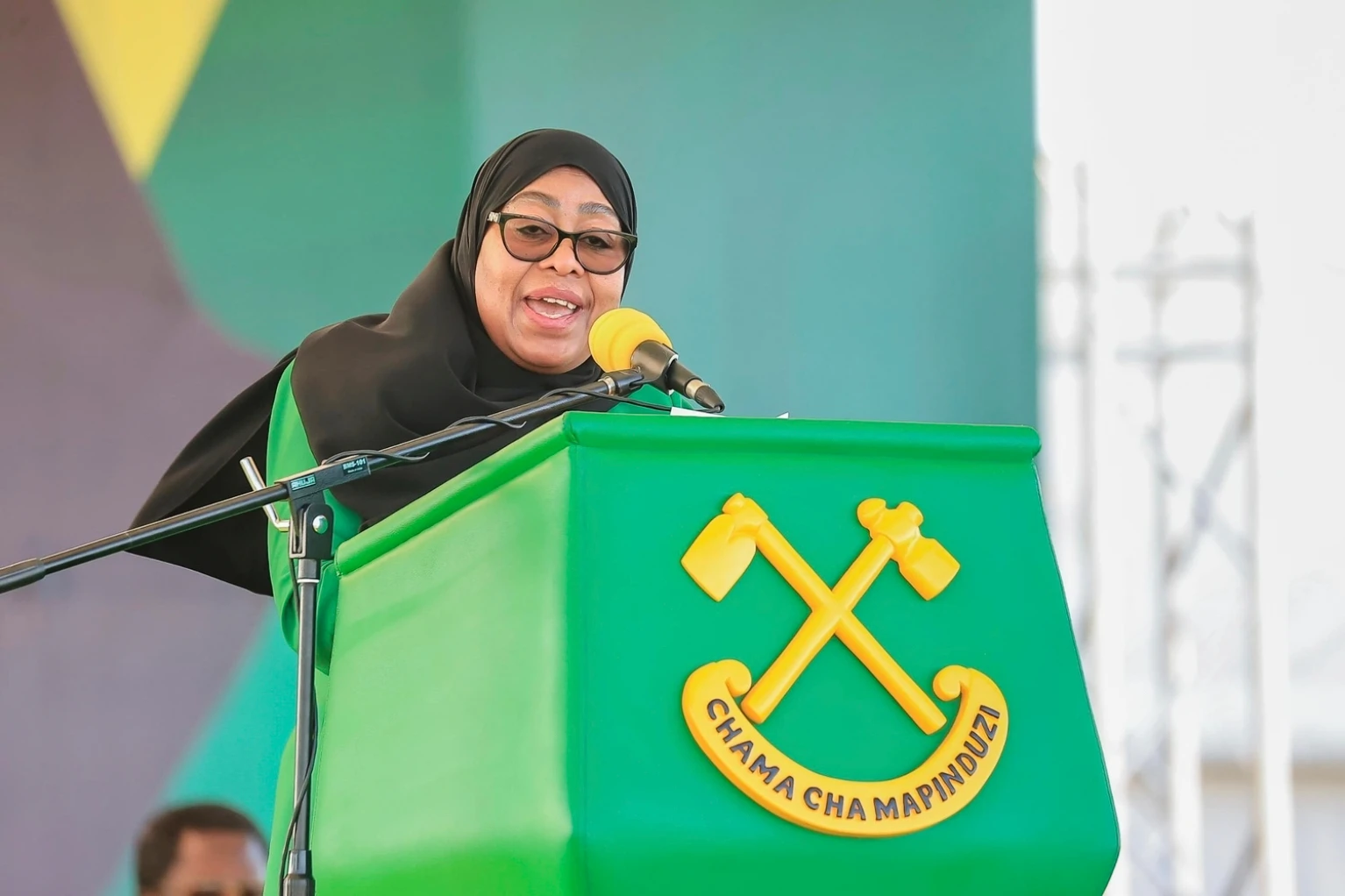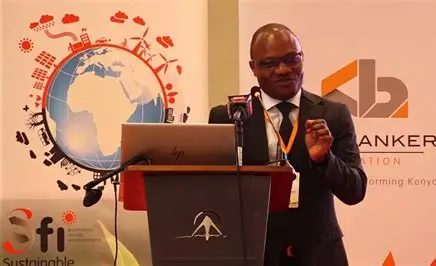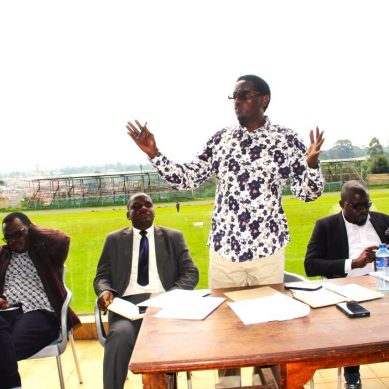
A Kenyan cabinet minister said his son’s abduction during last year’s anti-government protests was carried out by the National Intelligence Service and that his son was released after President William Ruto personally intervened.
The revelation by Minister of Public Service Justin Muturi offers a rare peek into how the political class reach out to President William Ruto to intervene in instances where their kin go missing or are abducted by police.
Civil society organisations in Kenya have recorded 84 such cases of missing or abducted young Kenyans since the June 22, 2024 countrywide anti-tax protests. By contrast appeals by kin of missing youth from poor families to the government to release abducted or arrested relatives or arraign them in court to face criminal charges have gone unheeded.
Muturi’s allegation, made in an official written statement to the police on Tuesday, is the first direct information to indicate Ruto was made aware of who was behind at least some of the alleged abductions of dozens of anti-government activists that began last June.
In his statement to the police’s Directorate of Criminal Investigations, Muturi described driving to the presidential residence on June 23, 2024, to see Ruto after his son, Leslie, was taken by “armed, hooded gangsters”.
Muturi said Ruto then called National Intelligence Service (NIS) Director-General Noordin Haji to order his son’s release. Reached for comment, Muturi confirmed the authenticity of the statement that has been circulating on social media, and said he had been invited by the directorate to make it.
Ruto’s office and Haji did not respond to requests for comment. The NIS, Kenya’s domestic and foreign intelligence agency, has no official contact details or spokesperson.
In public statements since June, Ruto had expressed concern about allegations by human rights groups of abductions by state agents, in which unidentified individuals have detained people and held them for days without charge in undisclosed locations.
He had said he had no knowledge of who might be responsible. In a December 31 speech, however, he acknowledged “instances of excessive and extrajudicial actions by members of the security services”.
Silvanus Osoro Onyiego, the majority whip in parliament, from Ruto’s party, dismissed Muturi’s allegations. He said on Tuesday Muturi’s son had not been abducted in connection with the protests but was arrested in a bar “with substances for smoking”.
“You have three options,” he said, addressing Muturi. “First, resign. Second, apologise. And the third one is we impeach you. You cannot serve the government of Kenya that you criticise every day.”
In response, Muturi described Osoro threat as informed by inexperience and poor understanding government management.
Young Kenyans led weeks of protests in June and July against proposed tax hikes and alleged corruption, forcing Ruto to scrap the tax legislation. More than 60 people were killed in the so-called Gen-Z protests, according to a government-funded rights body.
Several activists involved in the protests have described being taken by unidentified armed men, who questioned them about who was financing and organising the demonstrations. The police told Reuters late last year that formal complaints would be investigated by the Independent Policing Oversight Authority watchdog, which investigates cases of police brutality.
Muturi was serving as the attorney general at the time of his son’s abduction. He said in his police statement that his son’s wife called him at 9:29pm on June 22 to inform him that Leslie had been kidnapped in the capital Nairobi.
Muturi called senior police officials, who said they were not aware of the matter, before being told by a friend at the NIS that the service was holding Leslie, his statement said. He said he tried unsuccessfully to reach Haji over the phone.
The next day, Muturi said, he drove to Ruto’s official residence to inform him about the situation.
“The president joked, asking why anyone would want to arrest a young person over the Gen-Z demonstrations,” Muturi said, adding Ruto mentioned that other senior politicians’ children had also participated in the protests.
Muturi said he then asked Ruto to call Haji directly.
“Standing outside the pavilion, I heard the president ask Noordin Haji if he was holding my son, Noordin confirmed that indeed he was holding my son and the president instructed him to release Leslie immediately. Noordin responded that Leslie would be released within an hour,” he said.
It was not immediately clear how he heard both sides of the conversation.
Three Kenyan police officers and a Human Rights Watch researcher have said that some of the alleged abductions are linked to a low-profile unit of the Directorate of Criminal Investigations.
In a news conference on June 26, Kenya’s then-Deputy President Rigathi Gachagua had also blamed the NIS for Leslie Muturi’s abduction, without providing evidence.
Gachagua was impeached and removed from office by parliament in October on charges of undermining national cohesion and the independence of judges in other cases he had cited.
- A Tell / Reuters report








